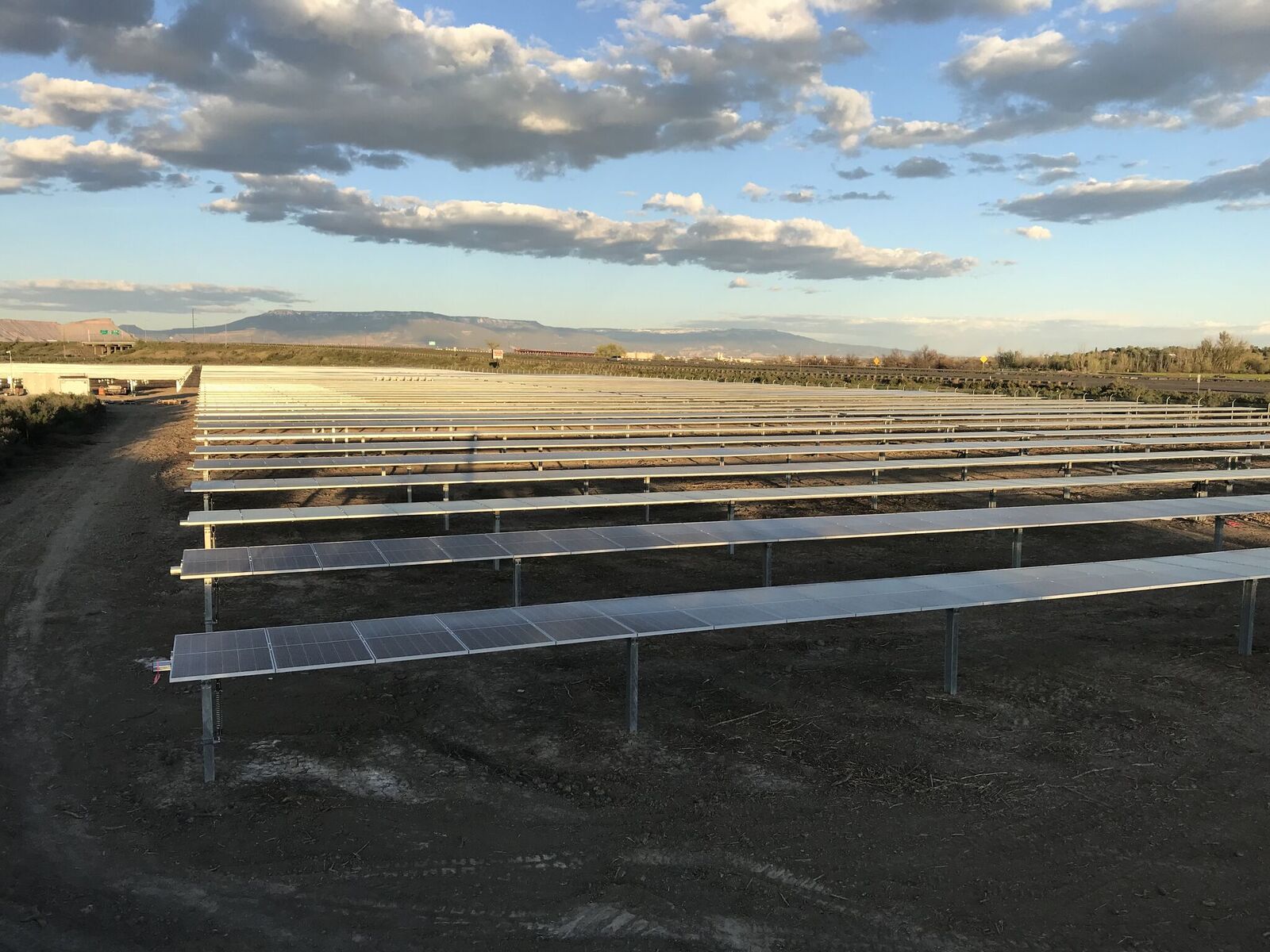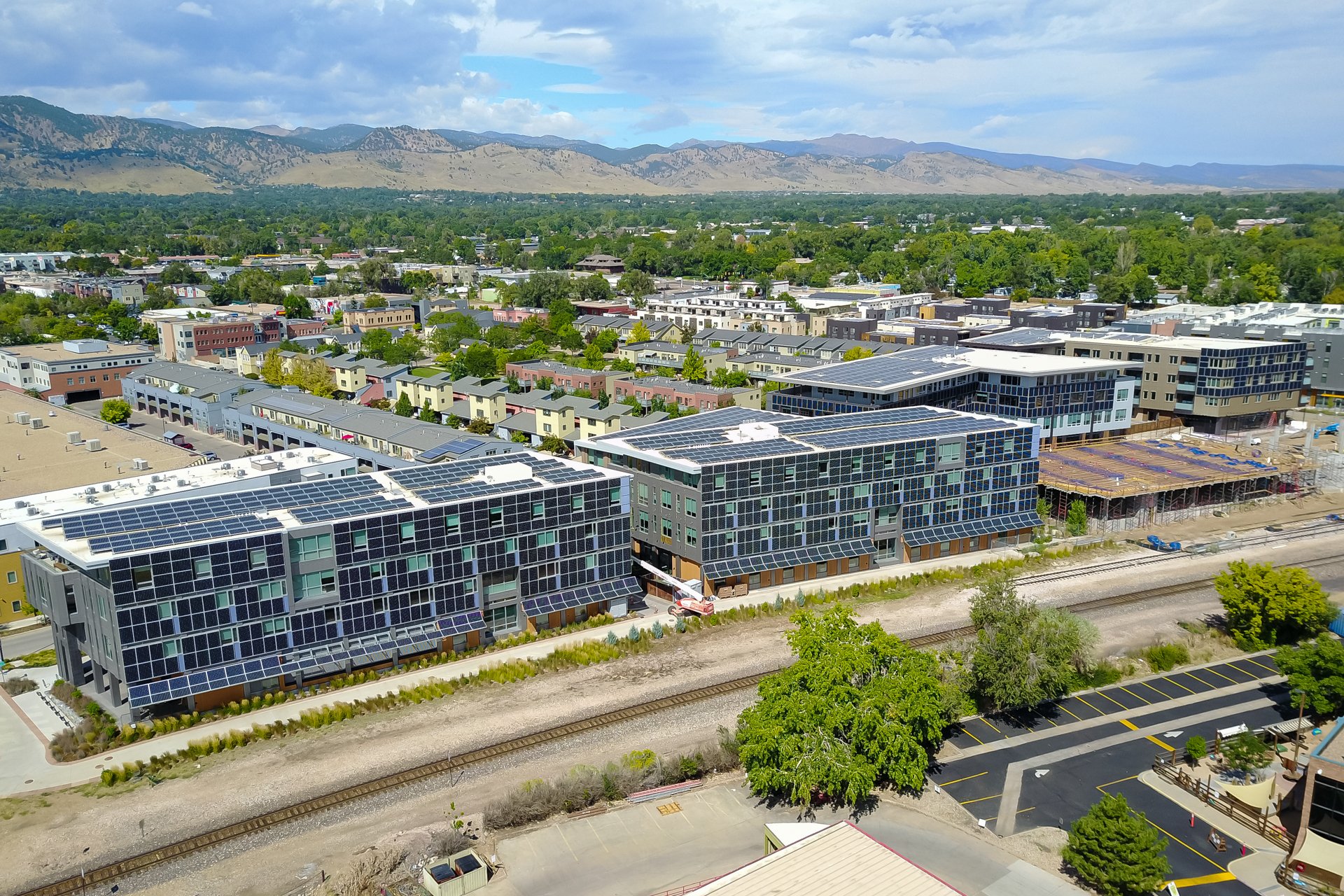No Upfront Investment, No Maintenance
December 2, 2020

With the ongoing pandemic and work-at-home orders going well into 2021, the last thing businesses and commercial property owners are thinking about is making any non-essential or costly investments. Instead, the priority is to explore new ways to maximize revenue in this risky economic climate. So what if we told you there is a way your business can create a new revenue stream that requires no upfront investment or maintenance?
While that notion sounds as unrealistic as the year 2020, it is now a reality for commercial property owners in Massachusetts, thanks to the Solar Massachusetts Renewable Target (SMART) program. Governor Charlie Baker signed the SMART program into law in 2016 and officially enacted it in 2018. The program’s goal is to deploy 3,200 megawatts (MW) of solar energy and advance the state’s renewable energy goals.
How the SMART Program Works
The SMART program utilizes a model known in the industry as a Feed-In-Tariff. Under the program, if you are a business or commercial property based in Eversource, National Grid, or Unitil utility territory, you can lease your roof (or any unused land, such as a parking lot) to a solar developer like Pivot Energy, and become a host site for solar energy.
The energy produced by the solar system is fed directly into the electricity grid. In return, solar developers pay the property owner a fixed income for up to 20 years for the energy produced by the system. To put it simply, you can start monetizing your roof as if it were prime real estate and solar energy can be your new tenant.
Hosting Solar – Low Investment, High Returns
Hosting solar, instead of purchasing it, is a fiscally smart option for business owners in Massachusetts. Under a typical rooftop solar model, commercial solar customers directly purchase a solar system or enter a third-party ownership structure. Both of these options require businesses and property owners to expend a significant amount of capital to power their facilities with solar energy.
The SMART program and the Feed-in-Tariff model effectively remove any cost barriers your business might face while adopting solar. By renting your roof to a skilled developer, you avoid any of the upfront investment required to install a solar energy system. Moreover, you do not incur any extra maintenance or operational costs as the business does not own the solar array. Instead, you get paid to put solar on your roof and start collecting lease payments from the system owner right away.
For example, say you own a 50,000 ft² commercial property under National Grid utility territory and receive an $85,000 annual lease rate for a 450 kW solar project from an experienced solar developer like Pivot Energy. If your project is built and operational in 2020 with a 20-year contract, by the end of 2040, you can expect to earn an additional $1,700,000 in revenue with a $0 investment.
The example above shows how your business can significantly increase your Net Operating Income without any upfront investment. All said, the SMART program is a low-risk and state-approved option to raise your revenue from a typically underutilized asset.
SMART Program – Additional Considerations
One distinct way the Feed-in-Tariff model differs from traditional net metering[1] is that the solar system does not have to be sized to your property’s historical electricity consumption requirements. Since the energy produced goes directly to the electricity grid and not the building’s meter, the solar project can be designed to maximize payouts.
Nonetheless, it is also important to consider that your business may not necessarily be able to receive all the SMART program benefits. It is a declining Block Program, which means the incentive levels will continue to decline once certain capacity thresholds are met in each utility territory. Therefore, how much you will earn through the SMART program is not only determined by the size of your system but also your utility company and the block you are eligible for. This means the longer you wait to participate, it is more likely that you will be offered lower lease and electricity rates. Therefore, it is in your business’s best interest to maximize this opportunity by contacting a solar developer as soon as possible.
Ask an Expert
If you are interested to learn how much revenue your business can earn through the SMART program, contact Pivot Energy. Our team of experts will provide you with more information on the hosted solar opportunities we provide for small, medium, and large businesses in Massachusetts. Call us today so we can start paying YOU.
[1] An electricity billing mechanism that credits solar energy system owners for the electricity they add to the grid. The system owners are credited for their excess energy production.
Massachusetts Building Owner?
Earn Money From Your Roof with Pivot


